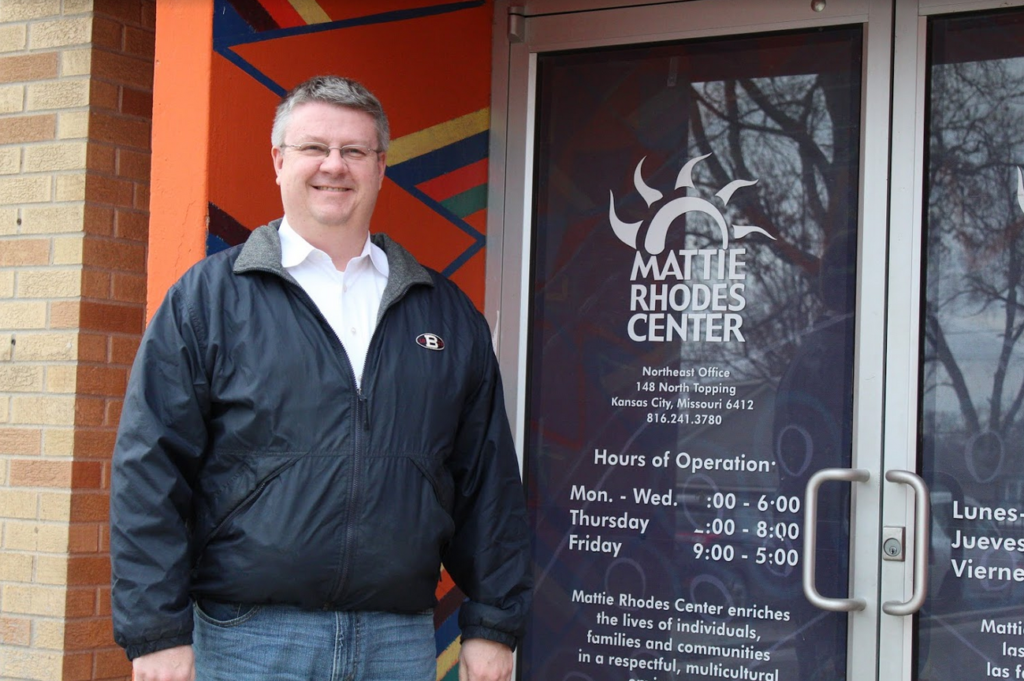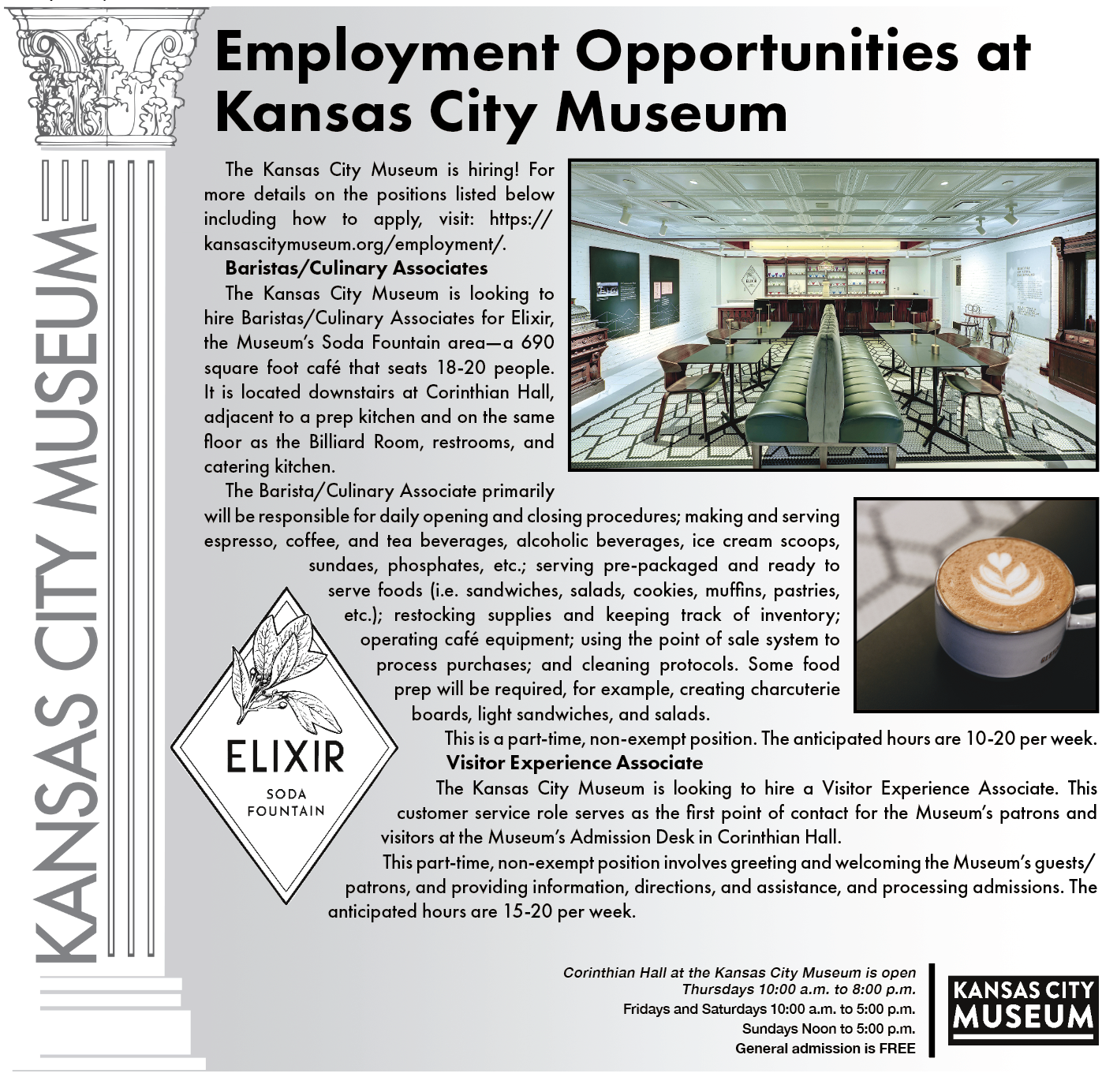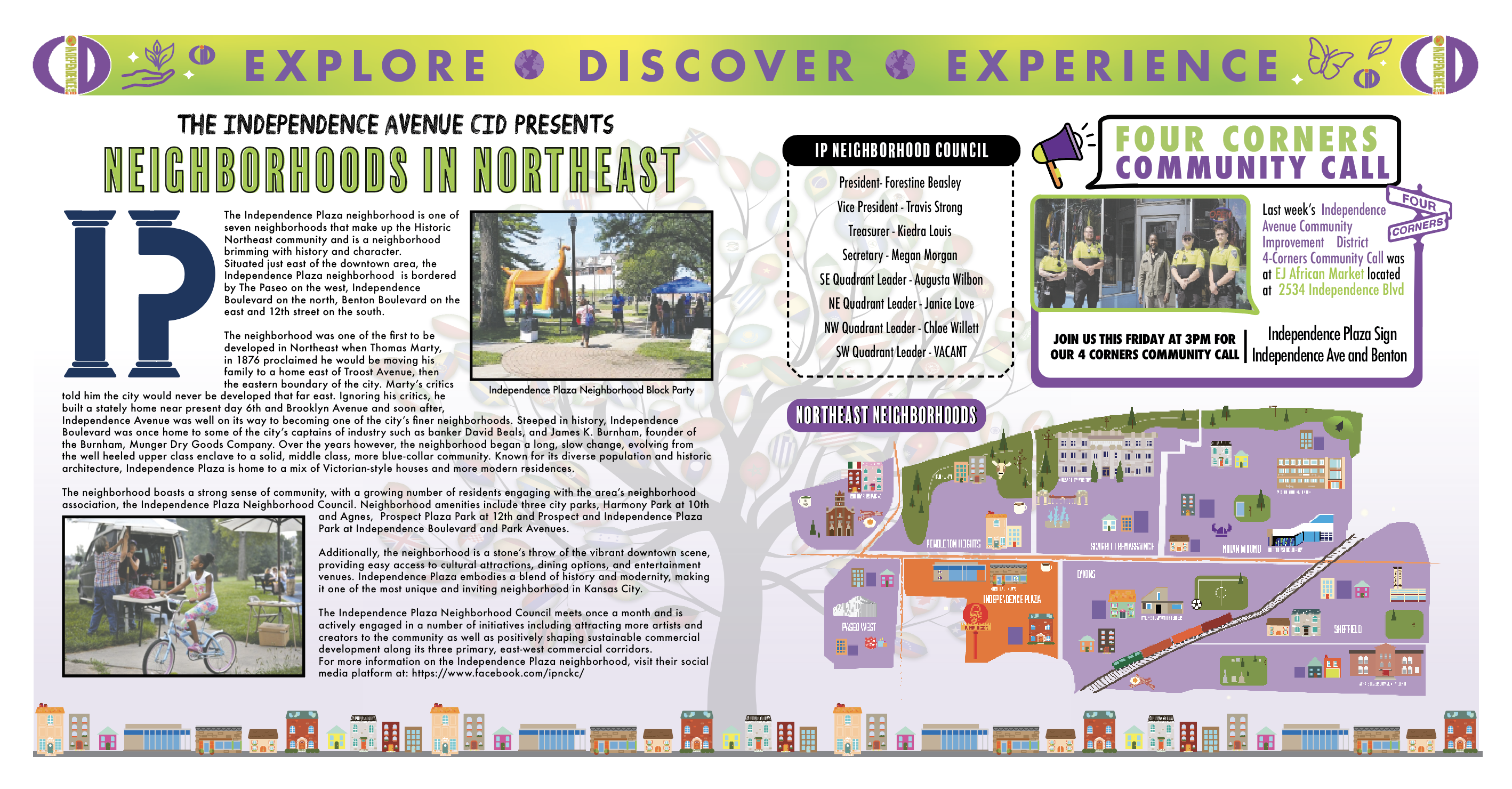
North East Alliance Together (NEAT) has forged a partnership with the city of Kansas City to start an initiative to deal with illegal trash dumping around the Northeast KC area.
This initiative, which began the week of Jan. 13, will be available to all Northeast neighborhoods.
Travis Silvers, an illegal dumping investigator with the City of Kansas City, Missouri, will be stationed in the Mattie Rhodes office (148 N. Topping) Tuesday through Thursday from 9:30 a.m. until 3 p.m. and will investigate cases as they come in.
Silvers will also be taking proactive measures by driving through the community to spot any violations.
“The number one objective goal is to eliminate trash and blight in the Northeast,” said Silvers. “Our goal is to educate and to make sure everyone understands the rules.”
One point of education that Silvers pointed out was the two-bag limit. Residents are only allowed to put out two bags of trash for pick up. Anything more than two bags requires a tag. If additional bags do not have a tag, they will not be picked up.
Scott Wagner, director of NEAT, said that the idea of bringing in Silvers is to create a closer connection with the enforcers of illegal dumping as well as a closer connection to resources that can help clean up the area.
This would be a more proactive step to fix trash issues before they pile up and become bigger issues.
“We are providing space and other accommodations so that the inspector can utilize our space to have meetings or whatever he may need so he can be out there and working on trash related issues throughout the week,” said Wagner.
Wagner said that Northeast has a number of trash issues including illegal dumping on Cliff Drive in alleyways and in vacant lots, as well as landlords setting out items from past residents.
All of these issues tend to not get dealt with quickly and accumulate into larger problems.
John Fierro, CEO of Mattie Rhodes said Silver’s role with NEAT is to establish a relationship with neighborhood leaders and residents and to expedite the process of reporting trash around Northeast.
“What we want is to better support our community,” said Fierro. “Let’s cut down all of the barriers, because what ends up happening is they get frustrated, rightfully so, and then they say the city is not here to support us.”
Beth Beavers, secretary of the Indian Mound Neighborhood Association, said in Indian Mound, the problem isn’t just issues with residents leaving out extra bags, but illegal dumping by people like construction workers on Gladstone Boulevard.
“Our belief is that people like contractors, who are doing construction work… instead of finding the place where they can properly dispose of that, they’ve discovered that they can back their truck up and push it over the hill and it’s out of sight out of mind,” said Beavers.
“I think if you can identify repeat offenders and, whether if that’s a fine or something, and then we can use that on clean-up efforts,” she said.
Residents of Northeast do need to be educated about the two-bag limit, said Beavers. Especially those new to the area. She said that it could be good if Silvers is able to include education about what can be recycled.
Beavers also said the two-bag limit might not be feasible for homes with larger families.
“I’m up for recycling and I’m here for the environment, but I’m just not sure the two-bag limit for every house in the city is a realistic solution,” said Beavers.
“If you even have more than a couple people in your house two bags is really limiting,” she said. “And to go and pay a couple bucks for every extra tag is also very limiting.”
John Bordeau, a resident of Pendleton Heights neighborhood who has organized his own trash clean-up efforts also identified the two-bag limit as a source of the trash problem in Northeast. He said that increasing the two-bag limit could be used as a preventative measure.
“Based from my experience at least half of the stuff that I find in the park is bagged trash,” said Bordeau. “If you go to the park and you go to Cliff Dr., you’re going to find mattresses and furniture, you’re going to find construction debris, but you’re also going to find household trash. Just bags and bags. People pull up and throw them into the woods and drive away. So, in my mind, lifting that two-bag limit might have an impact on that kind of dumping.”
Bordeau said that he would also like to see an increased presence of Park Rangers in parks in Northeast, including having a manned guard station at the entrances to specifically Cliff Drive.
“Having more eyes on who’s coming and going will also make a difference. I know it’s not a cheap solution,” he said.
Bordeau said that it is nice to feel like the city is here to help citizens out in Northeast.
“So this sends the message that they’re there to help us out, which in turn helps us gather regular citizens to do our part in keeping an eye out and helping clean up when need be and things like that,” he said.
There is not a set date for when this initiative will end, but Michael Shaw, assistant to the director in the Solid Waste Division of Neighborhood and Housing Services stated in an email that this initiative will last for at least one year.
Shaw stated that the goals of this initiative are to “Reduce illegal dumping complaints, less landlord trash set outs, less overall blight.”
Shaw said in the same email, “Although the goals seem lofty, we have to try. Solid Waste wants to learn how to better serve our residents of the Northeast. We desire to provide equitable Solid Waste services to all Kansas Citians. Partnering with NEAT, sharing resources and information we are hopeful we make a difference in the Northeast.”
Trash bag tags can be purchased for $2.50 each at designated Westlake Ace Hardware stores and Price Chopper around the Kansas City area. Participating store locations can be found at www.kcmo.gov.
To report a trash violation, call Silvers at 816-581-5687.


















